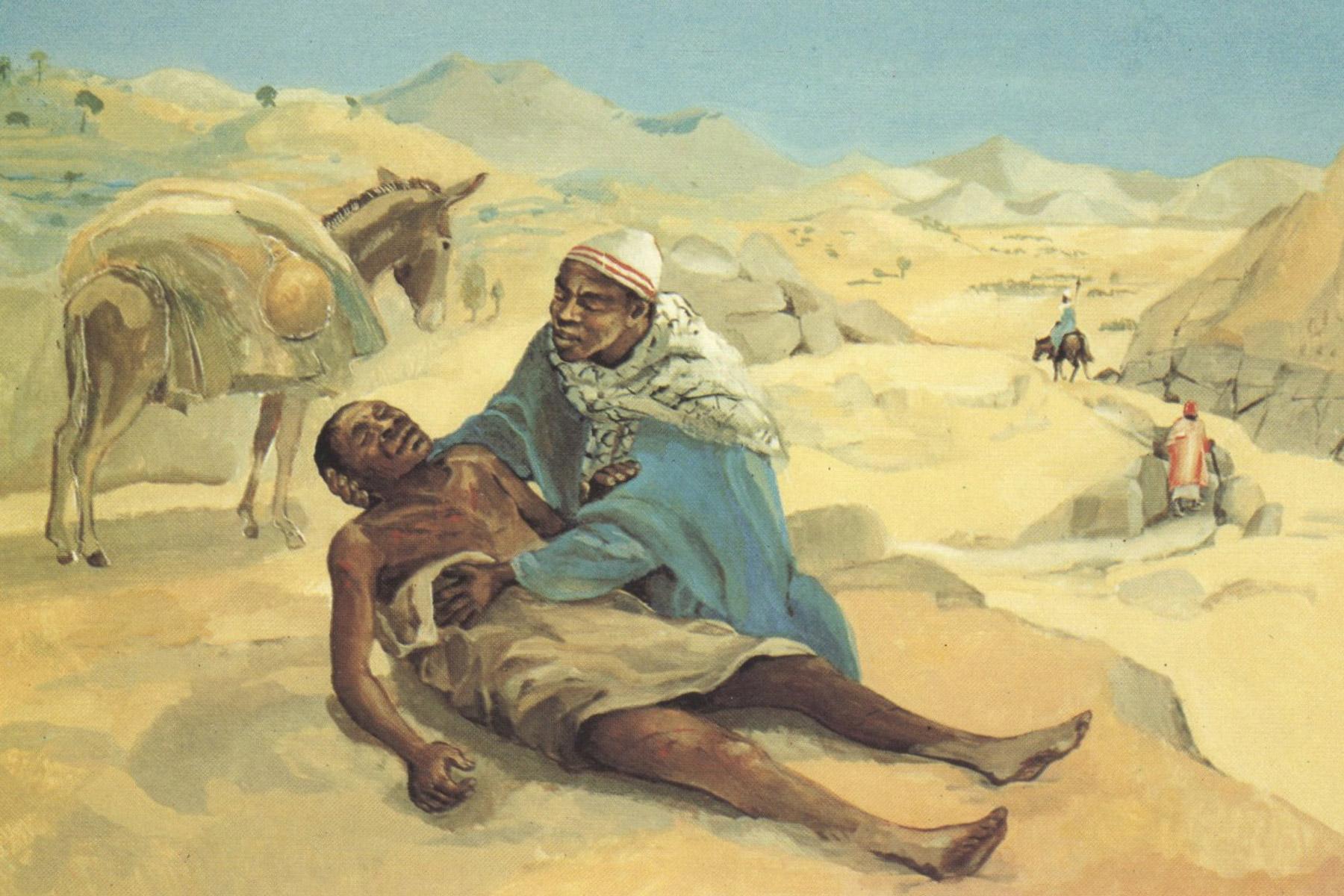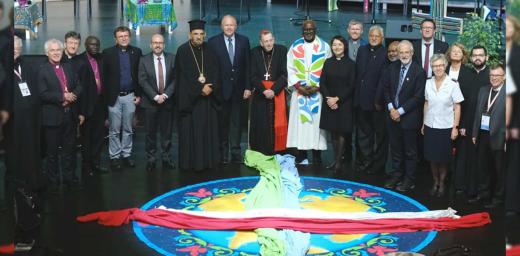Marking Week of Prayer for Christian Unity amid violence and oppression for churches in Burkina Faso
(LWI) - Who is my neighbor amid a severe security crisis, where churches have been closed and priests and pastors kidnapped and killed? The parable of the Good Samaritan as a guide in times of extreme violence and oppression is the theme of the prayers and worship for the 2024 Week of Prayer for Christian Unity, prepared by Christians from different churches in the West African nation of Burkina Faso.
The country, located in the volatile Sahel region, has a majority Muslim population and around 60 different ethnic groups. Since 2016, the population has suffered from a surge of terrorist attacks and lawlessness which has left over three thousand dead and almost two million people internally displaced. Churches, as well as schools, health centers and town halls have been targeted and in parts of the country, public worship has been banned.
Against this backdrop of crisis and societal breakdown, “we have this very moving reflection on the parable of the Good Samaritan and the vision that Christian discipleship compels us to always seek healing and reconciliation,” says Rev. Dr Peter Colwell, deputy general secretary of Churches Together in Britain and Ireland (CTBI) and a member of the international group which drafts the Week of Prayer material.
Putting parable into practice
The annual ecumenical initiative is marked by many Lutheran churches and other Christian communions from 18 to 25 January through shared prayers, worship and other events. In some parts of the world, especially in the global South, it is celebrated around the feast of Pentecost instead.
The Week of Prayer is jointly promoted by the World Council of Churches and the Vatican’s Dicastery for Promoting Christian Unity. Each year, they invite Christians in different countries to draft reflections and worship guidelines focused on a passage from Scripture. For 2024, “they looked to West Africa, to churches in one of the more forgotten countries – at least as far as the western media is concerned,” says Colwell.
Catholics and Protestants, members of ecumenical bodies and representatives of the ecumenical Chemin Neuf Community worked closely together in a context where suspicion and rivalry have often characterized relations between churches.
Unless Christians come together [to] look after each other and pray together, they have no chance of witnessing to the gospel.
Rev. Dr Peter Colwell, deputy general secretary of Churches Together in Britain and Ireland
“We heard their very moving stories about how Christians there try to maintain a united faith and witness in the context of extreme violence, in a country teetering on the edge of collapse, facing numerous military coups and an Islamic insurgency,” continues Colwell, a United Reformed Church minister. “It was heartbreaking to hear about attacks on priests and pastors, and to know that in some parts of the country it is impossible to keep churches open for public worship.”
Reflecting on the way that churches in Burkina Faso have grown together and experienced “a real path of ecumenical conversion,” Colwell notes that “often, in places of adversity, ecumenism becomes not simply an optional extra, but a matter of survival. Unless Christians come together and support one another, look after each other, and pray together, they have no chance of witnessing to the gospel itself.”
One of the “most humbling aspects of our engagement with the churches there,” says Colwell, “was that sense of keeping hope alive, even when things seem hopeless.” Christian, Muslim and traditional religious leaders are increasingly working together to find lasting solutions for peace, social cohesion and reconciliation. “The temptation in extreme circumstances is to say Christians must stand together against the others, but these leaders are saying we have no future as a country, as a society, unless we reach out beyond ourselves to build bridges of friendship and hope,” Colwell adds.
Compassion, love, mercy can never be compromised
Reflections for the week of prayer, which are freely available on the WCC and DPCU websites, affirm that “the Christians of Burkina Faso commit themselves to walking the path of love of God and love of neighbor.” Their hopes for peace are reflected in the words of a proverb from the Mossi people, the largest ethnic group in the country, which says: No matter the nature or duration of the fight, the moment of reconciliation will come.
Colwell notes that “our familiarity with the parable of the Good Samaritan can be a barrier as we think we understand the story well. But the deeper we dig into it, the more it can challenge some of our mindsets around the way we compartmentalize our responsibilities and practices, overlooking the central theme of compassion.” This parable, he concludes, “is the ultimate challenge to us to do the right and just thing, knowing that compassion, love and mercy can never be compromised.”




